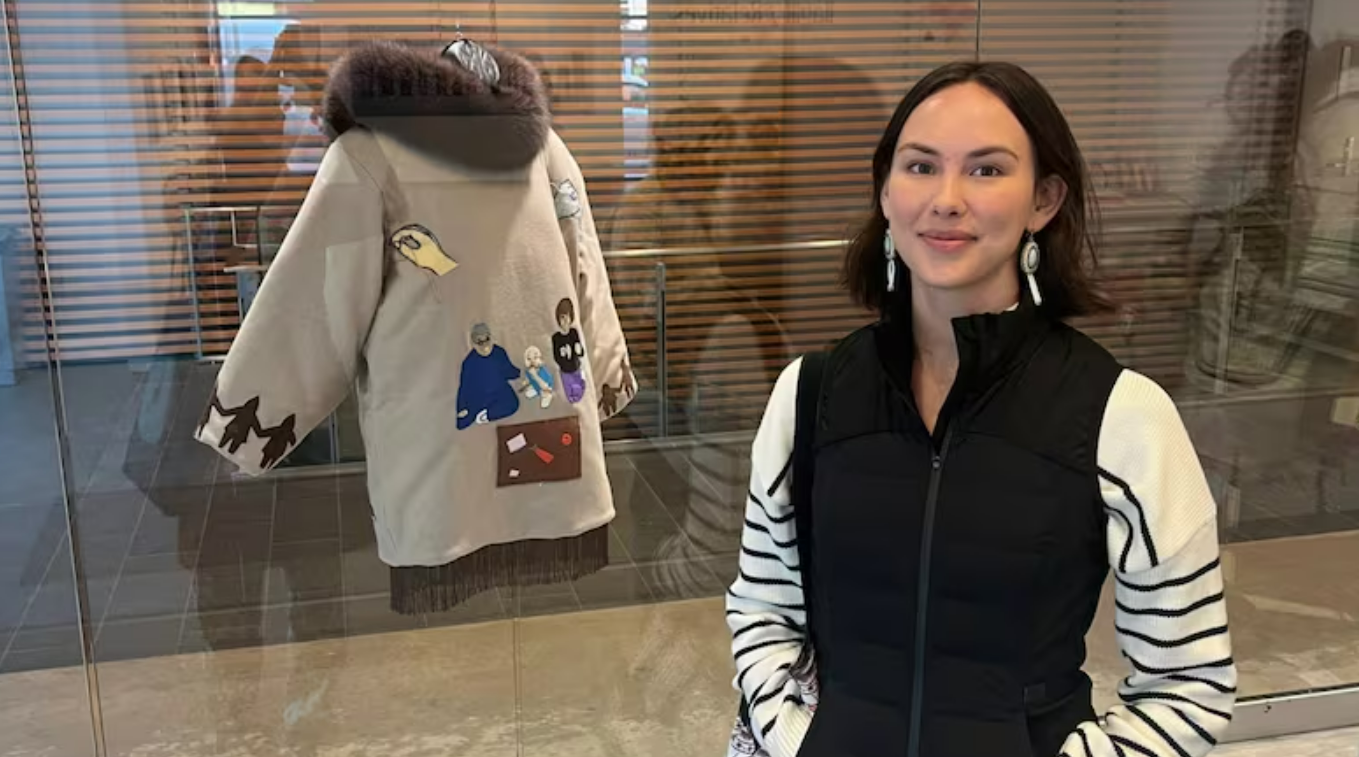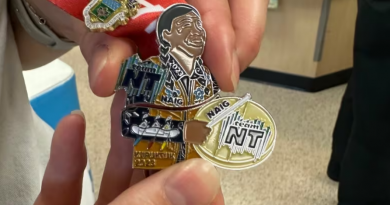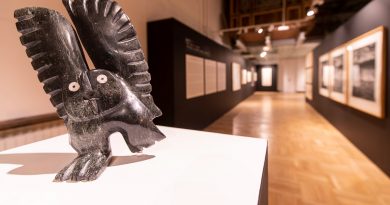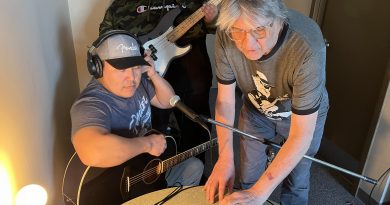Artists could soon get royalties when their work is resold. Inuit artists think it’s a good idea.

By Samuel Wat
For Augatnaaq Eccles sewing parkas is a way of feeling closer to her home in Rankin Inlet, Nunavut while living in Ottawa.
But like many Inuit, she says she often prices her creations far lower than they’re worth and some art dealers take advantage of that.
“I think Inuit artists, especially those who aren’t in the southern art world, don’t realize the value that our art has,” she said.
But changes to copyright law, proposed in the federal fall 2024 economic statement, could address that.
They would give visual artists a portion of the proceeds from their work when they’re resold.
Around 90 other countries already have a similar royalties system, including Australia, the United Kingdom and all European Union members.
Eccles believes those changes could bring greater equity for Inuit artists whose work is resold for thousands of dollars but don’t get a cent from those re-sales.
She points to Kenojuak Ashevak’s famous Enchanted Owl, which sold for $75 when it was first released in 1960.
Last month, a print of that in blue ink sold for $366,000 at the Toronto-based auction house First Arts.
“I think it would be fair in cases like that … for her estate to be getting some of that money,” Eccles said.
She said that is an exceptional case, but she believes artists should be compensated regardless of how big the resale value is.
How will they track resales?
William Huffman, executive manager of art shop Kinngait’s West Baffin Cooperative studios, said the proposed legislative changes are a good idea but there are many logistical complexities that would come with it.
He has questions about how the sales would be tracked, whether there will be a minimum sale price to trigger a royalty from a resale and how payments to a deceased artists’ estate will work.
He also worries about the challenges of communicating with artists who sometimes live in remote places.
“We already have challenges working with our artists when it comes to distribution of copyrights, artist fees … or even securing the permission of artists to be involved in certain things,” he said.
Huffman said it will be important for any federal agency regulating the royalty system to have on-the-ground support in the north.
William Huffman, right, assisting in unpacking the artwork at the English Harbour Arts Centre (Submitted by Valerie Howes)
“I think it’s going to be incumbent on [them] … to create those partnerships. And it’s not a territorial partnership, I think it has to be regional or community-based.”
Eccles says she also has reservations about the challenges of reaching Inuit artists -– especially elders who may not have an online presence.
She agrees any potential system should include community connections.
“Maybe a person in each community who artists can go and talk to … or even posters,” she suggested.
The Department of Canadian Heritage said details of the proposed legislative changes will become available when they’re tabled in parliament.
It’s not clear when that will happen.
Related stories from around the North:
Canada: Inuit and Korean artists collaborate for 2024 Gwangju Biennale, Eye on the Arctic
Finland: Sami joik, symphonic music fusion from Finland makes int’l debut in Ottawa, Eye on the Arctic
United States: How Inuit culture helped unlock power of classical score for Inupiaq violinist, Eye on the Arctic



